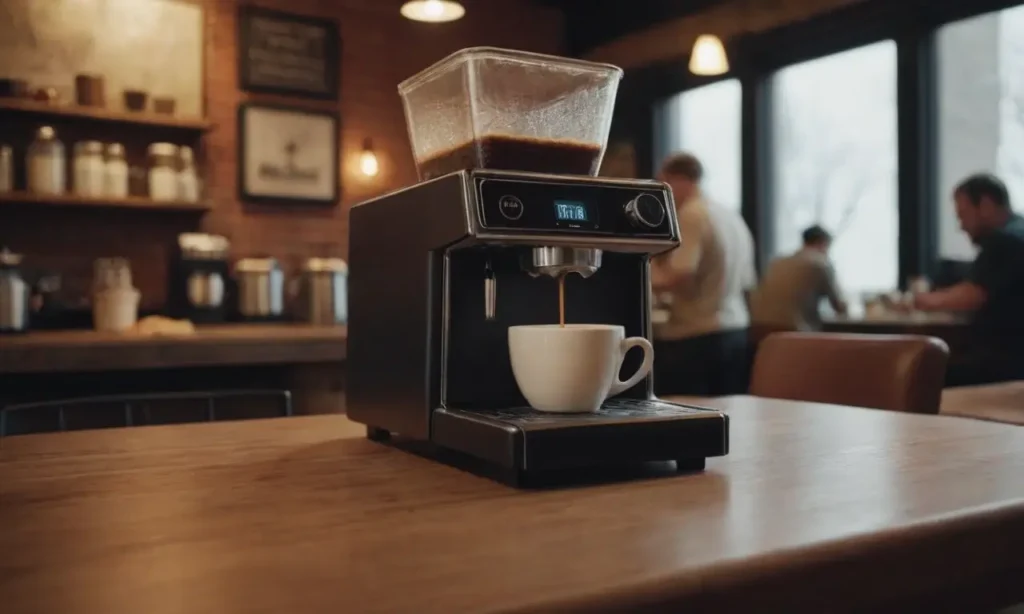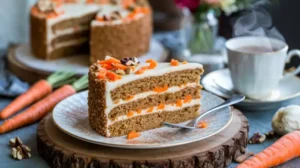Coffee. The lifeline of many an early morning and the saviour of countless deadlines. But as you sip on your latte, have you ever wondered about the tax implications of your caffeine habit?
Specifically, does coffee have VAT (Value Added Tax) in the United Kingdom?

VAT and Coffee: A Quick Overview
Value Added Tax (VAT) is a consumption tax added to most goods and services in the UK. It’s charged at different rates depending on what you’re buying. Here’s a quick breakdown of VAT rates:
| VAT Rate | Description | Examples |
|---|---|---|
| Standard 20% | Default rate for most goods and services | Electronics, furniture, clothes |
| Reduced 5% | Specific items deemed essential | Home energy, children’s car seats |
| Zero-rated 0% | Certain goods, technically VAT-exempt | Basic foods, books, newspapers |
Coffee and the VAT Conundrum
Now, where does coffee fit into this framework? Well, it depends on several factors. Here’s the breakdown:
1. Buying Coffee Beans or Ground Coffee (Zero-rated)
When you buy coffee beans or ground coffee from the supermarket to brew at home, you’ll be happy to know there’s no VAT. That’s right—your DIY coffee habit is tax-free! It’s classified as a basic food item, which falls under the zero-rated category.
2. Buying Coffee in a Cafe or Takeaway (Standard-rated)
Here’s the catch: when you’re buying your cappuccino or flat white at a cafe, you’re hit with the standard 20% VAT. Why? Because this is considered a “supplied service” rather than a basic food item. Essentially, you’re paying for the coffee and the convenience.
3. Instant Coffee (Zero-rated)
Like beans and ground coffee, instant coffee also dodges VAT. So, if you’re not too fussy about taste, this is another tax-free option for your caffeine fix.
4. Flavoured Syrups and Extras (Standard-rated)
Fancy a shot of caramel or hazelnut in your coffee? Be prepared to pay VAT on those extras. Flavoured syrups, whipped cream, or any other add-ons are not considered basic food items, so they’re taxed at 20%.
Why Does It Matter?
You might wonder, “Does paying a little VAT here or there even matter?” It depends on your perspective:
- For individuals: If you’re a regular cafe-goer, those extra pennies on VAT can add up over the year.
- For businesses: VAT is a significant consideration, especially for coffee shops. They need to account for VAT when pricing their products and managing their cash flow.
Let’s Add Some Froth to the Facts
Here’s where things get quirky. The VAT rules on food and drink in the UK are famously complex. For example:
- If you buy a hot coffee to take away, it’s taxed at 20%. But if you grab a chilled iced coffee from the supermarket fridge? Zero-rated.
- Packaged “ready-to-drink” coffees have no VAT, but order the same drink at a cafe, and it’s suddenly taxable.
VAT rules: the original mind-bending puzzle—only less fun than Sudoku.
A Quick Recap
| Scenario | VAT Rate | Why? |
| Buying coffee beans or ground coffee | Zero-rated (0%) | Considered a basic food item |
| Ordering coffee in a cafe | Standard (20%) | Supplied as a service |
| Buying instant coffee | Zero-rated (0%) | Classified as basic food |
| Adding syrups or whipped cream | Standard (20%) | Extras are taxed separately |
| Chilled supermarket iced coffee | Zero-rated (0%) | Packaged drinks are tax-exempt |
Final Sip of Insight
So, does coffee have VAT? The answer is: it depends. If you’re a home barista, you’re off the hook. But for cafe lovers, your morning pick-me-up comes with a side of tax.
The next time you sip your coffee, take a moment to appreciate not just the rich flavours but also the curious tax rules that brewed behind the scenes. Who knew coffee could be this complicated? Then again, nothing says “British tax system” like a good dollop of complexity. Cheers to that!


